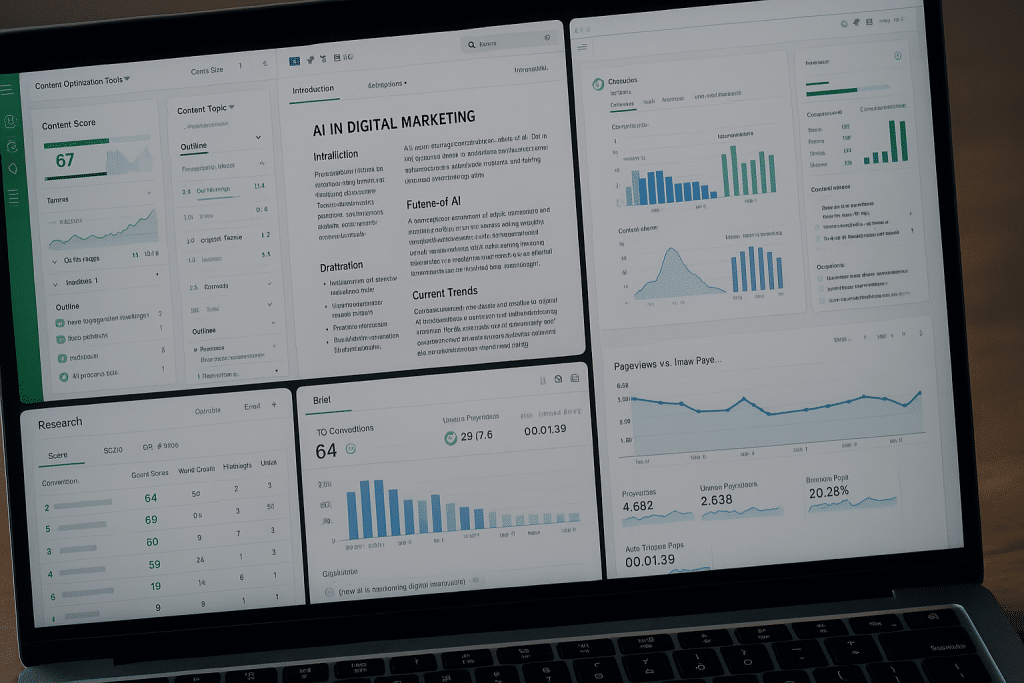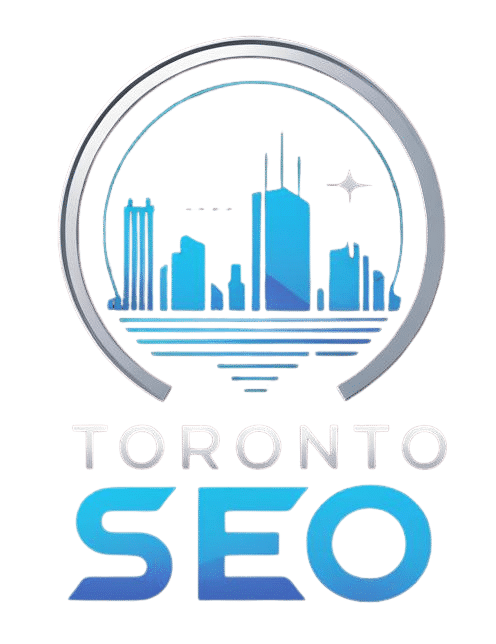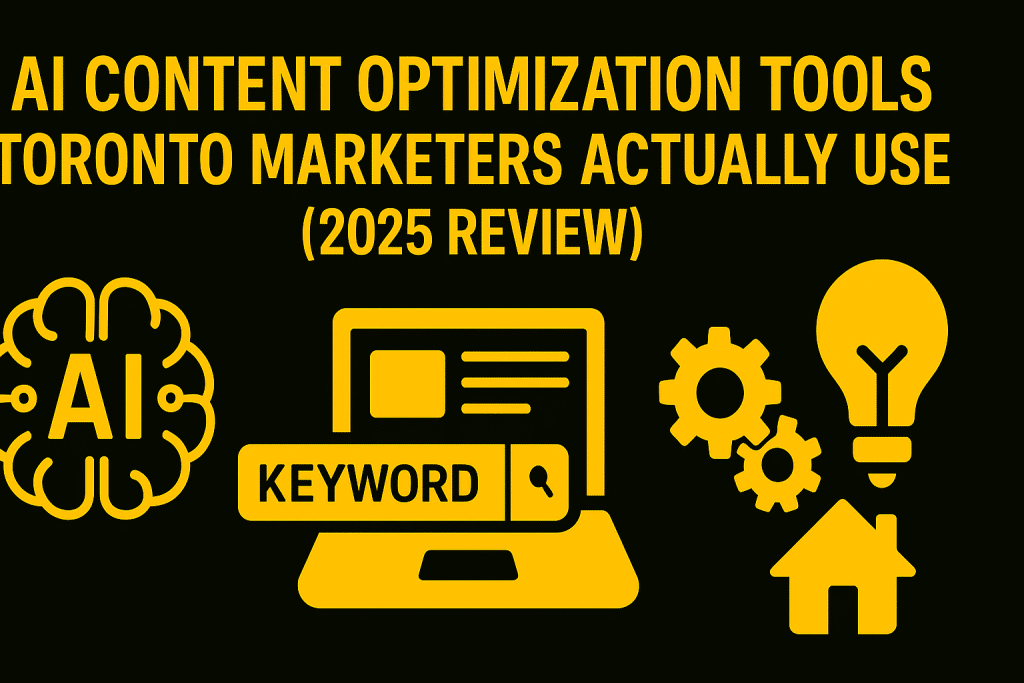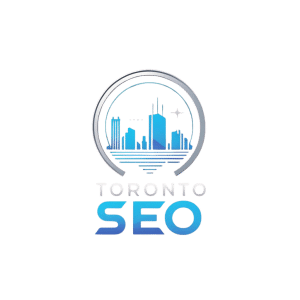In 2025, the landscape of digital marketing in Toronto is defined by one major force: artificial intelligence. From keyword clustering to real-time on-page enhancements, AI content optimization tools have become essential for brands that want to dominate search results. Toronto’s most competitive agencies and in-house teams are no longer guessing what works—they’re using data-driven, AI-powered insights to outsmart competitors and rank faster.
This comprehensive review examines the top AI content optimization tools Toronto marketers actually use today. We’ll break down their features, strengths, and real-world use cases, while integrating the best internal and external resources to give you a full strategic picture.
Why AI Content Optimization Matters More Than Ever
The rise of AI has transformed SEO from a static checklist into a dynamic optimization process. With Google’s Search Generative Experience (SGE) shifting how users see and interact with results, brands that rely solely on traditional content strategies risk invisibility.
AI tools empower marketers to:
Identify keyword intent clusters faster and more accurately.
Optimize content for E-E-A-T signals and on-page semantics.
Predict ranking outcomes based on competitive data.
Generate briefs and outlines aligned with Toronto’s hyper-local search trends.
Improve conversion rates through real-time UX and content adjustments.
For marketers deciding between in-house strategies and outsourcing to SEO agencies, understanding these tools can help make smarter investments (learn more here).
Top AI Content Optimization Tools Toronto Agencies Rely On
1. Surfer SEO – Precision On-Page Optimization
Surfer SEO remains a staple among Toronto SEO agencies because of its data-driven Content Editor, NLP keyword analysis, and SERP correlation engine. In 2025, Surfer integrates directly with Google Docs and WordPress, making real-time content scoring seamless.
Key Features:
Real-time content scoring vs. top-ranking pages
NLP-based keyword suggestions
Internal linking recommendations
Competitor content gap analysis
Why Toronto marketers love it: It’s ideal for highly competitive niches like legal, real estate, and healthcare, where on-page precision can determine top 3 visibility. Many agencies use Surfer to structure client content that targets local packs and organic simultaneously.
For example, when optimizing for Toronto real estate SEO, Surfer’s keyword density recommendations and heading structures have proven critical for ranking pages in both traditional SERPs and AI Overviews (see related strategy).
2. Clearscope – Content Depth Meets Topical Authority
Clearscope has become synonymous with semantic depth. It uses IBM Watson and proprietary NLP to map topic coverage gaps. Toronto agencies favor it for editorial content, blogs, and long-form guides where E-E-A-T is critical.
Key Features:
Keyword grading and topical coverage analysis
Competitive SERP scoring
Integration with CMS platforms
Detailed content briefs
Use Case: Many content teams optimizing for Google Business Profile Toronto queries or local intent search phrases leverage Clearscope to ensure their posts align with semantic expectations. This approach improves both organic rankings and visibility in AI-powered search snippets, which have expanded significantly since 2024.
3. MarketMuse – Strategic Content Planning at Scale
For enterprise-level brands or fast-scaling startups, MarketMuse provides AI-assisted content strategies that extend beyond single pages. Toronto marketing agencies use it to build content silos, identify low-competition opportunities, and generate AI briefs aligned with Google’s Helpful Content updates.
Key Features:
Site-wide content audits
AI-generated topic clusters
Personalized difficulty and ROI scoring
Competitive landscape mapping
Why it’s popular in Toronto: MarketMuse helps agencies tackle multi-location SEO or complex B2B service niches. It’s a favorite among marketers looking to dominate entire verticals in competitive markets.
For example, marketers working on international SEO from Toronto use MarketMuse’s clustering features to target U.S. search intent efficiently, even without physical U.S. offices (strategy example here).

4. Frase.io – AI Briefs and Real-Time Optimization
Frase has evolved from a simple content brief generator into a real-time optimization and chatbot-enhanced content system. Many Toronto startups use it as their affordable AI content partner.
Key Features:
Automated content briefs from SERP data
AI writing assistant with customizable tone
Real-time SEO scoring
FAQ schema generation
Use Case: Toronto SMBs often use Frase to publish optimized blog posts rapidly, especially when competing with larger agencies. It’s particularly useful for service businesses—like dental, legal, or home services—looking to rank for “near me” queries.
For example, optimizing a blogging Toronto posts drive calls strategy can be automated with Frase’s brief generation and content scoring to get content out faster without sacrificing quality.
5. NeuronWriter – Budget-Friendly Alternative
NeuronWriter has gained traction among freelancers and small agencies in Toronto due to its cost-effectiveness and robust NLP analysis. It provides many of the features of Surfer and Clearscope but at a fraction of the price.
Key Features:
NLP keyword analysis
Competitor SERP breakdowns
SEO scoring system
Content templates
NeuronWriter is particularly useful for local businesses targeting niche industries like pet grooming or spa services. It allows content teams to optimize faster without expensive subscriptions, aligning with Toronto’s growing pool of boutique agencies.
How Toronto Agencies Integrate AI Tools Into Their Workflow
Strategic Keyword Clustering & Intent Mapping
Toronto marketers have fully embraced AI keyword clustering to uncover long-tail opportunities that traditional research misses. AI-powered tools segment search terms into intent-based groups, allowing for better content silos and improved topical authority.
Agencies combine MarketMuse or Surfer with manual checks to ensure Google’s SGE doesn’t collapse important terms into generic summaries. This method is key to outranking competitors in 2025’s zero-click-heavy environment.
Content Briefs and Writing Workflows
AI tools like Frase and Clearscope are often used to generate briefs, while human editors refine tone and ensure local relevance. Many agencies now follow workflows that start with keyword clustering, move to AI briefs, and end with real-time optimization scoring during writing.
This streamlined process allows for faster content velocity, essential in niches like AI SEO where competitors update content weekly (read more about this trend).
E-E-A-T and Schema Enhancements
With Google emphasizing experience, expertise, authority, and trust, AI tools now help identify missing trust signals. Clearscope and Surfer highlight content gaps related to author credentials, citations, and structured data.
Marketers also reference authoritative sources like Canada’s official AI policy framework to strengthen content credibility for regulated industries, such as finance and healthcare.
Emerging Trends in AI Content Optimization (Toronto 2025)
1. Predictive Ranking Models
Advanced agencies are now integrating predictive ranking models that simulate SERP outcomes before publishing. These models leverage machine learning to forecast which content updates will yield ranking lifts.
2. Multi-Tool Stacks
Rather than relying on a single tool, top Toronto agencies are combining Surfer for structure, Clearscope for semantic depth, and Frase for speed. This stacking strategy allows them to maximize both coverage and agility.
3. Integration with Conversion Optimization
SEO and CRO are merging. AI tools now track on-page user behavior and suggest content layout changes in real time. For example, Surfer’s integrations now offer UX recommendations, giving marketers dual visibility on SEO and engagement metrics.
Practical Steps to Adopt AI Content Tools for Toronto Businesses
Audit Existing Content – Identify gaps in topic coverage and optimization using tools like MarketMuse or Clearscope.
Cluster Keywords Intelligently – Leverage AI clustering for better topical silos.
Generate AI Briefs – Use Frase or Surfer to create structured, SEO-rich outlines.
Optimize in Real Time – Write directly within optimization tools for immediate scoring.
Publish and Monitor – Track performance using analytics dashboards and Toronto-localized ranking tools.
For businesses still deciding whether to build in-house teams or partner with agencies, it’s worth comparing AI tool subscriptions vs. agency retainers (full comparison here).
Conclusion: AI Tools Are the New SEO Advantage
Toronto’s digital marketing scene in 2025 is defined by speed, intelligence, and adaptability. Marketers leveraging AI content optimization tools are not just keeping up—they’re setting the pace. Whether you’re a local startup or a national brand targeting Toronto’s competitive SERPs, integrating these tools is no longer optional.
If you’re ready to build a smarter content strategy with AI tools that Toronto’s top agencies rely on, contact our SEO team to get started.


